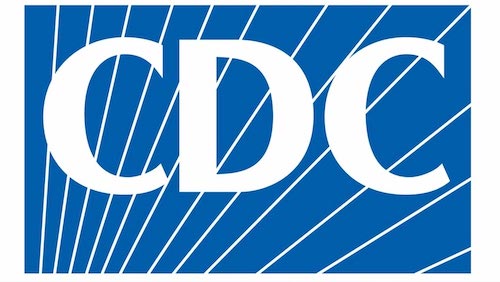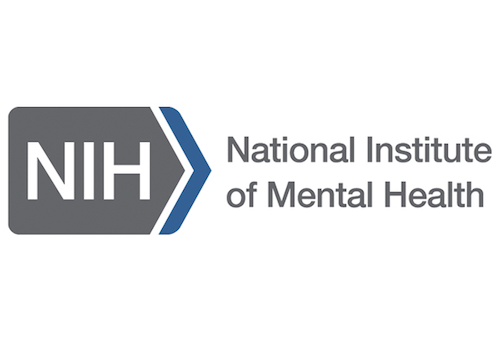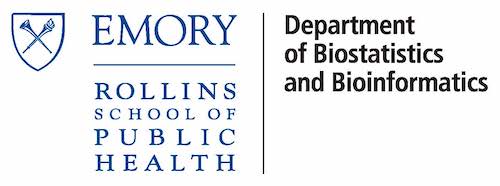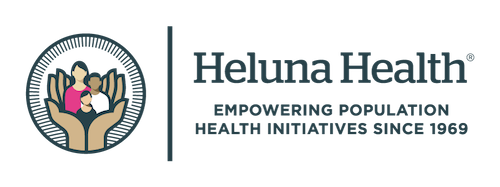Staying Connected with Rollins as Alumni
Category : PROspective
Making the Most of the Rollins Network After Graduation
With graduation having passed for second years, it can feel both exciting and daunting to move to a new place or start working in a new organization. After spending the last two years getting to know your classmates and professors, you have built a strong network of friends and colleagues, and now you are about to embark on an entirely new journey. But, graduation does not mean the end of your time in this community, it is actually just the beginning. The network of Rollins alumni spreads far and wide in the world of public health and there are so many ways to stay in touch with the people you met at Rollins and connect with even more!
With graduation a few weeks away, we have put together some tips on how to stay involved and take advantage of the extensive Rollins network for our newest, soon-to-be alumni.
1) Make sure to fill out the department exit survey and sign up for the alumni listservs
The exit survey is a way for you to share some reflections on your experiences as an EPI student, provide feedback, and let the department know where you will be headed next in your public health journey. Remember to provide an external or an alumni email address so that you can be added to listservs, like the Confounder’s alumni newsletter. Check your Outlook inbox for the exit survey if you have not filled it out yet.
2) Connect with the RSPH Alumni Association on social media and attend events
There are many different ways to get involved with the alumni association, like joining a regional or interest-based alumni group or serving on a committee. You also have access to the general Emory Alumni Association, where you can find more interest groups and career contacts. The different groups hold a variety of networking, social, and volunteer events throughout the year that are great ways to catch up with people from you cohort and meet other alumni in your area or specific field.
3) Join #EPITwitter to connect with faculty and other alumni
As described in a previous PROspective, #EPITwitter is a great tool for professional engagement and an entry point to an amazing online community of epidemiologists at the forefront of public health research and practice. Many key voices on #EPITwitter are professors in our very own department. If you have not already, make a professional Twitter account and follow the Department of Epidemiology’s account, @EmoryEPI. Looking through the people they retweet and threads they start, you can get ideas for ideas for epidemiologists to follow and conversations to engage in to stay connected with Rollins.
4) Familiarize yourself with the career resources available for alumni
Even after graduation, the Office of Career Development can still provide you resources and support as you are looking for your first job out of your MPH or if you are looking for new opportunities down the line. As an alumnus, there are a number of continued options for support in your career search, like access the Handshake, virtual resume reviewers, career fairs and workshops. You can even volunteer at some of these events to help current students further their professional skills and development!
5) Join MentorRollins, either as a mentee or a mentor
If you did not try out MentorRollins as a student, it is an online mentoring platform hosted by the Office of Career Development that connects you with other RSPH public health professionals that have similar career interests. Depending on where you are in your career, you can sign up to be mentored by other alumni to receive career advice, or you can serve as a mentor to help current students and early career professionals based on your experiences. This is a great tool not only for gaining further insight into different paths to achieving your career goals, but also to expand your network at the same time.
While you prepare for your next steps out into the world of public health, remember that whatever new path you are pursuing you can always reach out to this community for support or inspiration. Maintaining a strong network is not just about the benefits it could have on your career, but also how you can give back to the Rollins community. For those of you about to become alumni, you also have the opportunity to extend your hand out to the next generation of public health professionals, whether that be introducing new people to the field or sharing your insight and reflections with current MPH students.







Recent Comments